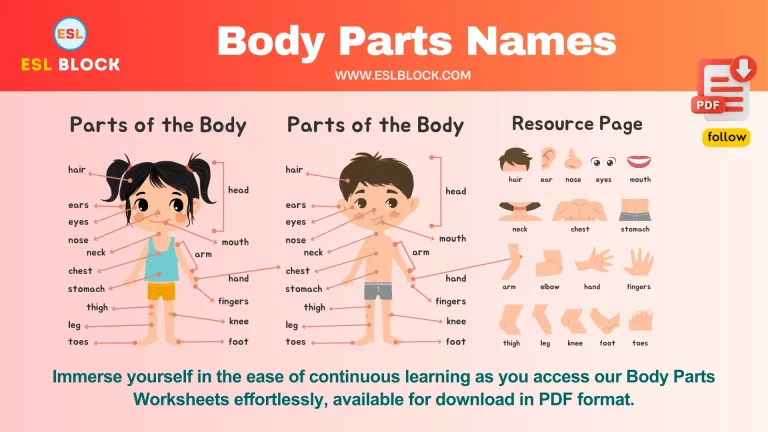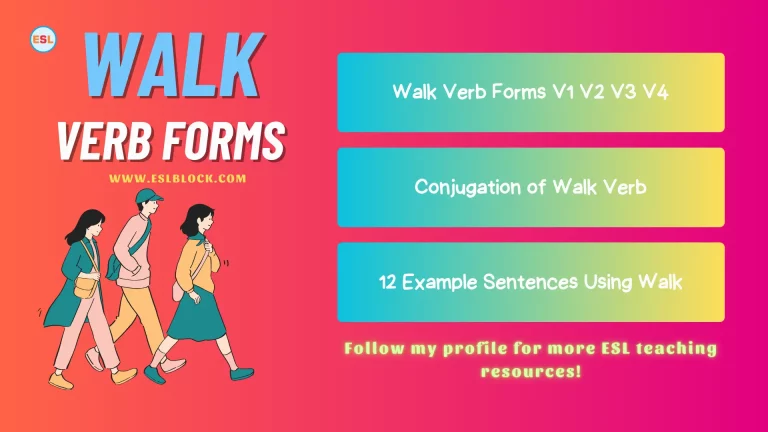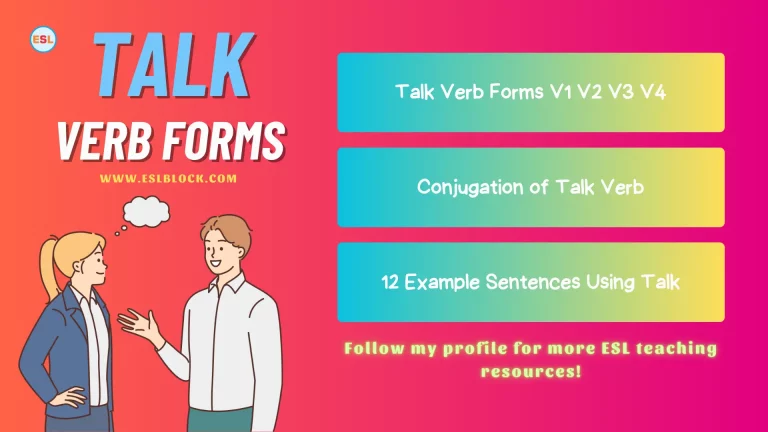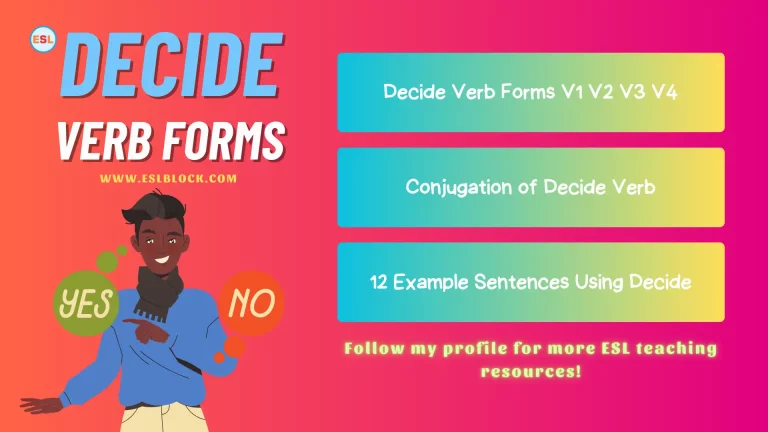Past Perfect Tense Definition With Examples
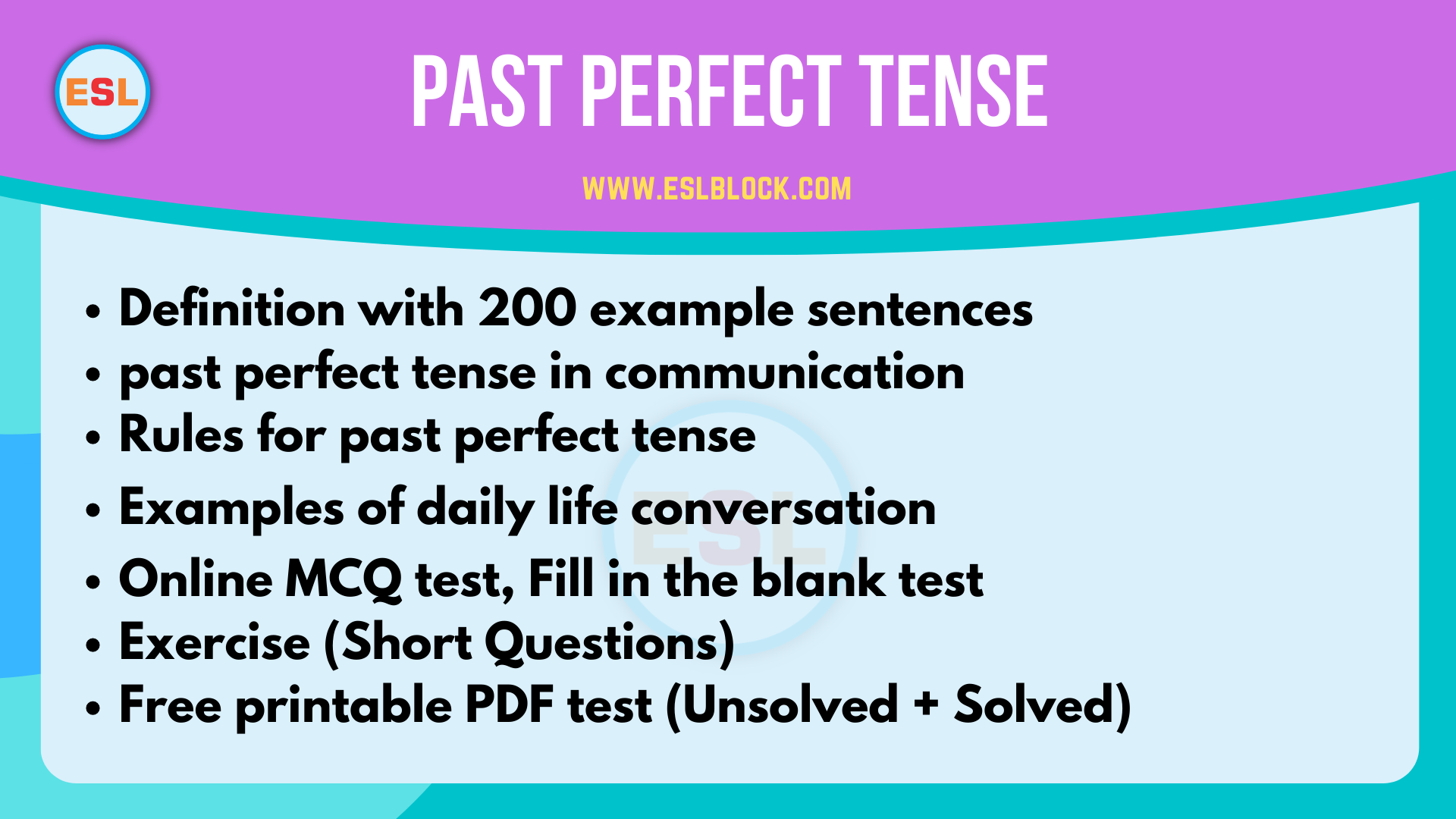
The past perfect tense is a grammatical structure that is used to indicate an action that was completed before another action in the past. This tense is formed by using the auxiliary verb “had” along with the past participle form of the main verb.
The past perfect tense is often used in conjunction with other past tenses, such as the simple past, to indicate the order of events in a sentence. Understanding and using the past perfect tense can add a level of nuance and complexity to your writing and speaking.
Read also: Personal Injury Lawyer Greenville NC
The past perfect tense is used to talk about something that was done in the past before something else. It is formed by using the auxiliary verb “had” along with the past participle form of the main verb.
For example, “I had eaten breakfast before I left for work.” In this sentence, the action of eating breakfast is completed before the action of leaving for work. This structure is used to show the order of events and give your writing and speaking more depth and texture.
Read also: Types of Sentences Worksheets
How to form Past Perfect Tense?
The past participle form of a verb is typically formed by adding -ed to regular verbs and -en to irregular verbs. For example, the past participle form of the verb “walk” is “walked” and the past participle form of the verb “eat” is “eaten”. To form a past perfect sentence, the auxiliary verb “had” is added before the past participle form of the main verb. For example, “I had walked to the store” or “I had eaten breakfast”. It’s important to note that some irregular verbs have different past participle forms, these are best learned through practice and memorization.
Examples of past perfect sentences using different verb forms:
- “He had finished the project before the deadline” (regular verb – finished)
- “They had broken the vase before they realized it” (irregular verb – broken)
- “I had seen the movie twice before I met you” (irregular verb – seen)
- “She had written a letter before she went to bed” (regular verb – written)
Understanding and using the past participle form of verbs is crucial in forming past perfect sentences. It’s essential to know the past participle form of regular and irregular verbs and the use of auxiliary verb “had” in order to communicate effectively with the past perfect tense.
Rules for affirmative sentences
The past perfect tense is used to indicate an action that was completed before another action in the past. To form affirmative sentences in the past perfect tense, the auxiliary verb “had” is added before the past participle form of the main verb. For example, “I had walked to the store” or “I had eaten breakfast”. It is important to remember that in affirmative sentences, the subject comes before the auxiliary verb “had”.
Here are ten example sentences in the past perfect tense in affirmative form:
- He had finished his homework before he went to bed.
- We had visited the museum before we went to the park.
- I had cleaned my room before my parents came home.
- They had finished the project before the deadline.
- He had broken the vase before he realized it.
- I had seen the movie twice before I met you.
- She had written a letter before she went to bed.
- We had already left the party when you arrived.
- I had read the book before the movie came out.
- They had completed the task before the meeting started.
Rules for negative sentences
To form negative sentences in the past perfect tense, the auxiliary verb “had” is added before the past participle form of the main verb and “not” is added after the auxiliary verb. For example, “I had not walked to the store” or “I had not eaten breakfast”. It is important to remember that in negative sentences, the subject comes before the auxiliary verb “had” and “not” comes after.
- He had not finished his homework before he went to bed.
- We had not visited the museum before we went to the park.
- I had not cleaned my room before my parents came home.
- They had not finished the project before the deadline.
- He had not broken the vase before he realized it.
- I had not seen the movie twice before I met you.
- She had not written a letter before she went to bed.
- We had not already left the party when you arrived.
- I had not read the book before the movie came out.
- They had not completed the task before the meeting started.
Rules for interrogative sentences
To form interrogative sentences in the past perfect tense, the auxiliary verb “had” is added before the subject and the past participle form of the main verb is added after the auxiliary verb. For example, “Had I walked to the store?” or “Had I eaten breakfast?”. It is important to remember that in interrogative sentences, the auxiliary verb “had” comes before the subject, and the subject comes before the past participle form of the main verb.
- Had he finished his homework before he went to bed?
- Had we visited the museum before we went to the park?
- Had I cleaned my room before my parents came home?
- Had they finished the project before the deadline?
- Had he broken the vase before he realized it?
- Had I seen the movie twice before I met you?
- Had she written a letter before she went to bed?
- Had we already left the party when you arrived?
- Had I read the book before the movie came out?
- Had they completed the task before the meeting started?
Short Paragraphs for using the Past Perfect Tense
“I had finished my grocery shopping and was on my way home when I realized I had forgotten to buy eggs. I had to turn around and go back to the store.” In this situation, the past perfect tense is used to indicate that the action of finishing the grocery shopping was completed before the realization of forgetting to buy eggs.
“I had been waiting for the bus for 20 minutes when it finally arrived. I had missed my previous bus due to heavy traffic.” In this situation, the past perfect tense is used to indicate that the action of waiting for the bus was completed before the bus arrived, and the action of missing the previous bus due to heavy traffic was completed before the speaker arrived at the bus stop.
“I had just finished my breakfast when my phone rang. It was my boss, he had to cancel our meeting because of a family emergency.” In this situation, the past perfect tense is used to indicate that the action of finishing the breakfast was completed before the phone rang, and the action of canceling the meeting was completed before the phone call.
“I had been studying for my exam for weeks, but I had not reviewed all the material. I ended up failing the exam.” In this situation, the past perfect tense is used to indicate that the action of studying for the exam was completed before the day of the exam, and the action of not reviewing all the material was completed before the day of the exam as well.
“I had planned to go to the park with my friends, but it had started raining. We had to change our plans and go to the movies instead.” In this situation, the past perfect tense is used to indicate that the action of planning to go to the park was completed before the day of the planned event, and the action of it starting to rain was completed before the planned event as well. And the action of changing the plans was completed before the planned event.
Examples of Past Perfect Tense in everyday situations
- I had completed my work before the deadline.
- She had finished her book before she went to bed.
- He had visited his grandparents before the weekend.
- They had watched the movie before they went to the party.
- We had cleaned the house before the guests arrived.
- I had studied for my exam before the test.
- He had cooked dinner before his wife came home.
- She had taken her dog for a walk before the storm.
- They had booked their tickets before the flight was sold out.
- We had practiced our presentation before the meeting.
- I had not finished my work before the deadline.
- She had not completed her book before she went to bed.
- He had not visited his grandparents before the weekend.
- They had not watched the movie before they went to the party.
- We had not cleaned the house before the guests arrived.
- I had not studied for my exam before the test.
- He had not cooked dinner before his wife came home.
- She had not taken her dog for a walk before the storm.
- They had not booked their tickets before the flight was sold out.
- We had not practiced our presentation before the meeting.
- Had I finished my work before the deadline?
- Had she completed her book before she went to bed?
- Had he visited his grandparents before the weekend?
- Had they watched the movie before they went to the party?
- Had we cleaned the house before the guests arrived?
- Had I studied for my exam before the test?
- Had he cooked dinner before his wife came home?
- Had she taken her dog for a walk before the storm?
- Had they booked their tickets before the flight was sold out?
- Had we practiced our presentation before the meeting?
- Michael had finished his homework before he watched TV.
- Jane had finished her workout before she showered.
- They had finished their project before the deadline.
- We had finished our dinner before we went to the movie.
- I had finished my book before I went to sleep.
- He had finished his training before he got his new job.
- She had finished her shopping before she met her friends.
- They had finished their game before they went home.
- We had finished our presentation before the meeting started.
- I had finished my work before I left the office.
- Michael had not finished his homework before he watched TV.
- Jane had not finished her workout before she showered.
- They had not finished their project before the deadline.
- We had not finished our dinner before we went to the movie.
- I had not finished my book before I went to sleep.
- He had not finished his training before he got his new job.
- She had not finished her shopping before she met her friends.
- They had not finished their game before they went home.
- We had not finished our presentation before the meeting started.
- I had not finished my work before I left the office.
- Had Michael finished his homework before he watched TV?
- Had Jane finished her workout before she showered?
- Had they finished their project before the deadline?
- Had we finished our dinner before we went to the movie?
- Had I finished my book before I went to sleep?
- Had he finished his training before he got his new job?
- Had she finished her shopping before she met her friends?
- Had they finished their game before they went home?
- Had we finished our presentation before the meeting started?
- Had I finished my work before I left the office?
Use of past perfect tense in daily conversation
- Emma: “Hey William, did you finish the report?”
- William: “Yeah, I had finished it before lunchtime.”
- Emma: “Oh, I was looking for that file, have you seen it?”
- William: “No, I hadn’t seen it. I had only worked on the report.”
- Emma: “I’m sorry, I’m running late, I had to take care of something before coming here.”
- William: “That’s okay, I had just arrived myself.”
- Emma: “William, did you remember to send that email to the client?”
- William: “Oops, no I hadn’t. I’ll do it now.”
- Emma: “Hey, how was your weekend? Did you do anything fun?”
- William: “It was great, I had visited my family in the countryside.”
- Emma: “I’m sorry I’m not able to attend the meeting today, I had already made plans.”
- William: “No worries, I had already informed the team.”
- Emma: “William, have you finished that project we were working on?”
- William: “No, I hadn’t. But I had made good progress on it.”
- Emma: “Hey, I’m going out for lunch, do you want to come with me?”
- William: “Sorry, I had already eaten lunch before you asked.”
- Emma: “William, did you remember to turn off the coffee machine before we left the office last night?”
- William: “Oh no, I hadn’t. I had forgotten about it.”
- Emma: “Hey, how was your trip? Did you have a good time?”
- William: “It was amazing, I had visited so many places and met so many interesting people.”
Questions and answers about past perfect tense
Q: What is the past perfect tense?
A: The past perfect tense is a grammatical structure used to indicate an action that was completed before another action in the past. It is formed by using the auxiliary verb “had” along with the past participle form of the main verb. For example, “I had eaten breakfast before I left for work.” In this sentence, the action of eating breakfast is completed before the action of leaving for work.
Q: How is the past participle form of verbs formed?
A: The past participle form of a verb is typically formed by adding -ed to regular verbs and -en to irregular verbs. For example, the past participle form of the verb “walk” is “walked” and the past participle form of the verb “eat” is “eaten”. However, some irregular verbs have different past participle forms which are best learned through practice and memorization.
Q: When is the past perfect tense used?
A: The past perfect tense is used to indicate an action that was completed before another action in the past. It is often used in conjunction with other past tenses, such as the simple past, to indicate the order of events in a sentence. It is also used to express hypothetical or unreal situations in the past and to describe past experiences or states.
Q: What are some common mistakes to avoid when using the past perfect tense?
A: Some common mistakes to avoid when using the past perfect tense include using the incorrect verb form, confusing the past perfect with the simple past, and not paying attention to the subject-verb agreement. It is also important to be aware of the context and make sure that the past perfect tense is used appropriately.
Q: How can I practice using the past perfect tense?
A: To practice using the past perfect tense, you can start by reviewing the rules and examples of the past perfect tense and practice forming sentences using different verb forms. You can also practice using the past perfect tense in context by reading and writing short stories or dialogues that use the past perfect tense. Additionally, you can try using the past perfect tense in your daily conversations and pay attention to the feedback and corrections you receive. Practice with exercises and grammar worksheets, and try to use it in a real-life context, this will help you to get more familiar with the usage and make less mistakes.
Fill in the blank questions about past perfect tense
In these questions, the past perfect form of the verb is the correct answer, and the other option is the simple past form of the verb. These questions can help students to practice and understand how to use the past perfect tense in different situations.
- I _____ my work before I went home. (had finished / finished)
- She _____ her book before she went to bed. (had read / read)
- He _____ his homework before he watched TV. (had done / did)
- They _____ the project before the deadline. (had completed / completed)
- We _____ our dinner before we went to the movie. (had eaten / ate)
- I _____ my book before I went to sleep. (had finished / finished)
- He _____ his training before he got his new job. (had completed / completed)
- She _____ her shopping before she met her friends. (had done / did)
- They _____ their game before they went home. (had finished / finished)
- We _____ our presentation before the meeting started. (had practiced / practiced)
Answer:
- I had finished my work before I went home.
- She had read her book before she went to bed.
- He had done his homework before he watched TV.
- They had completed the project before the deadline.
- We had eaten our dinner before we went to the movie.
- I had finished my book before I went to sleep.
- He had completed his training before he got his new job.
- She had done her shopping before she met her friends.
- They had finished their game before they went home.
- We had practiced our presentation before the meeting started.
Conclusion
In conclusion, the past perfect tense is a grammatical structure used to indicate an action that was completed before another action in the past. It is formed by using the auxiliary verb “had” along with the past participle form of the main verb. The past perfect tense is used to indicate the order of events in a sentence, express hypothetical or unreal situations in the past, and describe past experiences or states.
To learn the past perfect tense and get better at using it, you should review the rules and examples, practice making sentences with different verb forms, and read and write short stories or dialogues that use the past perfect tense. You can also try using the past perfect tense in your everyday conversations and pay attention to the feedback and corrections you get. Online resources such as grammar websites and apps can also be helpful tools for learning and practicing the past perfect tense.
We hope this post has been helpful in providing an understanding of the past perfect tense and how to use it. If you have any further questions or would like to share your own experiences with the past perfect tense, please feel free to leave a comment or reach out for more information.
If you have enjoyed “past perfect tense,” I would be very thankful if you’d help spread it by emailing it to your friends or sharing it on Twitter, Instagram, Pinterest, or Facebook. Thank you!
With ESLBLOCK, you will study with new ideas. If you doubt the qualities of the past perfect tense, reach us through our blog’s comment section. Keep checking back! We’ll do our best to give you feedback as soon as possible. Thank you!
Related Articles
Here are some more lists for you!
- List of Fish: Types of Fish with Interesting Facts and Pictures
- List of Mollusks | Types of Mollusks with Interesting Facts
- List Of Farm Animals: Different Types of Farm Animals
- Shellfish | List of Shellfish with Interesting Facts

